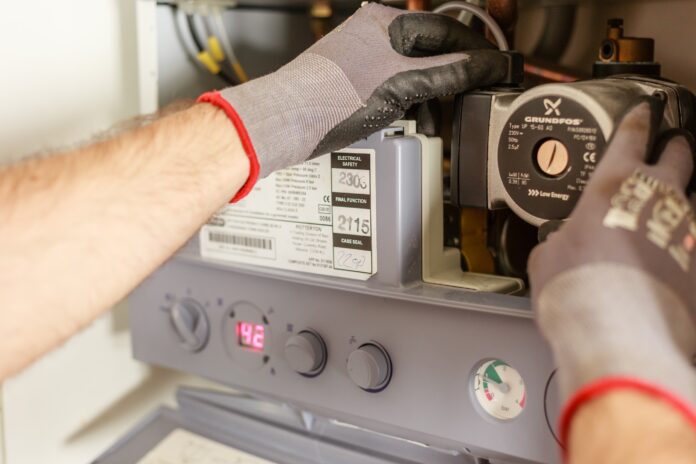Sewer lines are essential for all of us, whether we know it or not. They help us dispose of our waste, and they keep our streets clean. But sometimes, they can become clogged up. In this blog post, we will explore the reasons why sewer lines can become clogged and what you can do to prevent it from happening. From broken down appliances to construction debris, read on to learn about the causes of sewer line blockages and how you can fix them before they cause any serious problems.
What Causes Sewer Line Clogging?
If your sewer line is clogged, the debris can collect in the line and prevent water from draining properly. This can cause sewage to back up and flood your home or business. There are several reasons why your sewer line may be clogged:
– Fluid buildup: Debris, oils, and other substances can combine over time and form a sludge at the bottom of the pipe. This accumulation of material makes it difficult for water to move through the pipe, which can lead to sewer line blockages.
– Tree roots: Over time, tree roots can grow into or along the sewer lines, trapping debris or slowing down water flow. If large amounts of water are unable to drain quickly enough through a clogged sewer line, sewage can start flooding your home or business.
– Garbage disposal problems: Garbage disposals often put strain on wastewater pipes when they’re working correctly, which can cause them to become blocked over time. If you have an older garbage disposal that’s not installed correctly or if it has clogged ports, food scraps can accumulate in the unit and create a similar problem.
How to Clean a Clogged Sewer Line
If you have a clogged sewer line, it is important to act quickly to avoid serious health risks. A sewer line can become clogged for a variety of reasons, including: roots pushing through the pipe insulation, tree roots growing through pipes, and debris buildup. If left untreated, a clogged sewer line can lead to serious flooding and even sewage backing up into your home. Here are some tips on how to clean a sewer line:
- Clear any obstructions from the pipe using a plunger or snake.
- Use a garbage disposal cleaner to break up any build-up in the pipe. Do not use aggressive cleaners like bleach or hot water; these could damage the pipe.
- Call a professional plumbing Charleston SC to clear the blockage using high-pressure water and jets.
What to Do if a Sewer Line is Always clogged
If you have a sewer line that’s always clogged, there are several things that you can do to try and fix the problem. One thing that you can try is to flush the lines with hot water and detergent. This will loosen any built-up debris or material that may be blocking the sewer line. You can also call a plumbing Charleston SC to clear the blockage and repair the sewer line.
Conclusion
If you’re experiencing a drainage issue in your home, it’s important to know the signs that indicate a sewer line is clogged. If you notice any of the following problems, it’s time to call a professional: water pouring from under your sink or shower onto your flooring or carpet; increased traffic in your drains during heavy rainstorms; sewage backing up through manholes and main pipes; muddy water in pools or puddles on ground level. Once you have determined that a sewer line is clogged, it’s important to take steps to unclog it as quickly as possible so that backup doesn’t occur and flooding does not damage your property.





